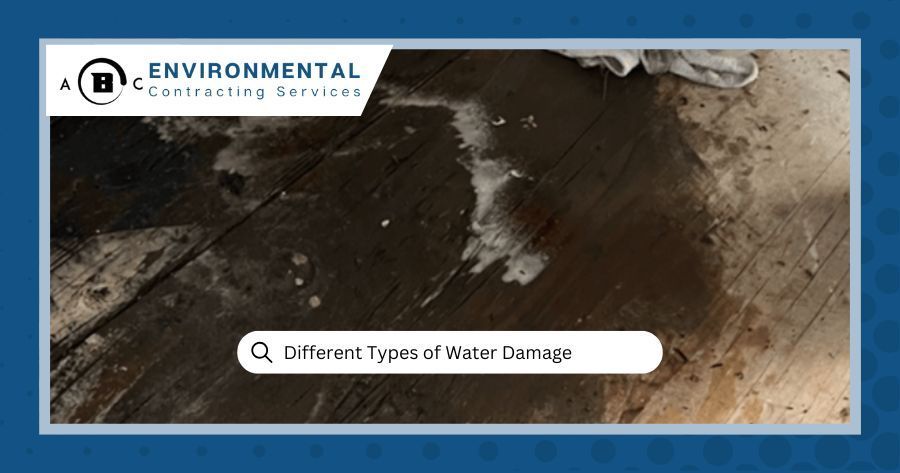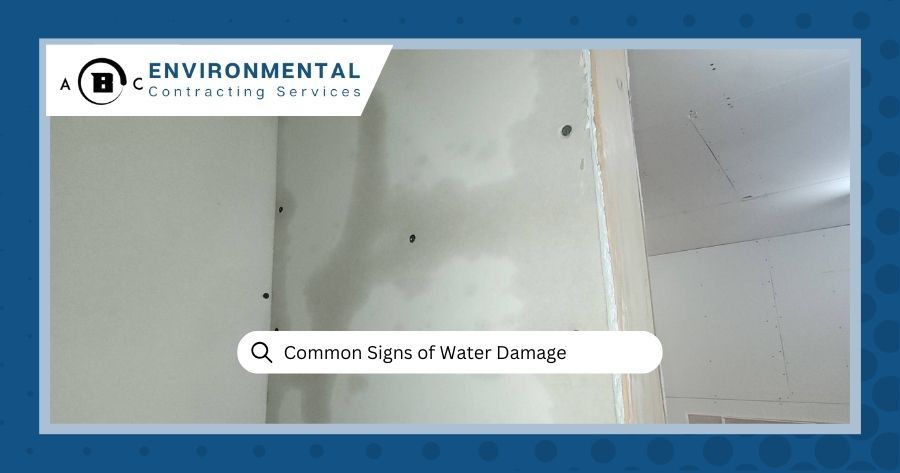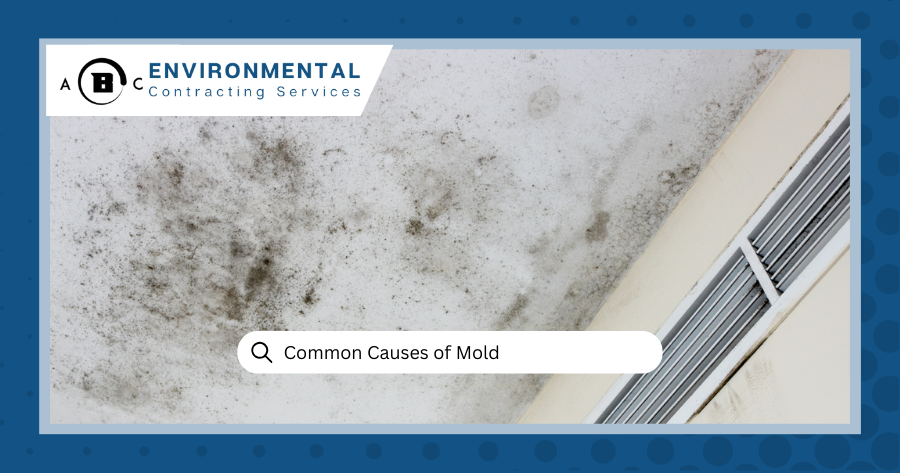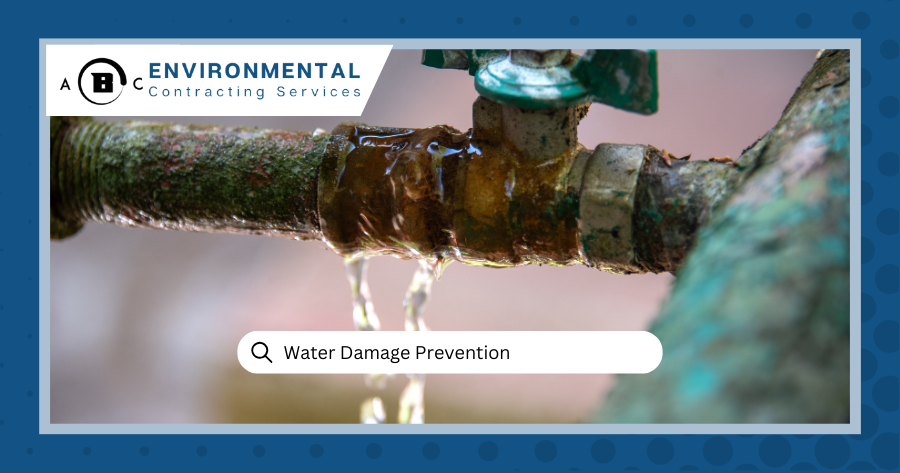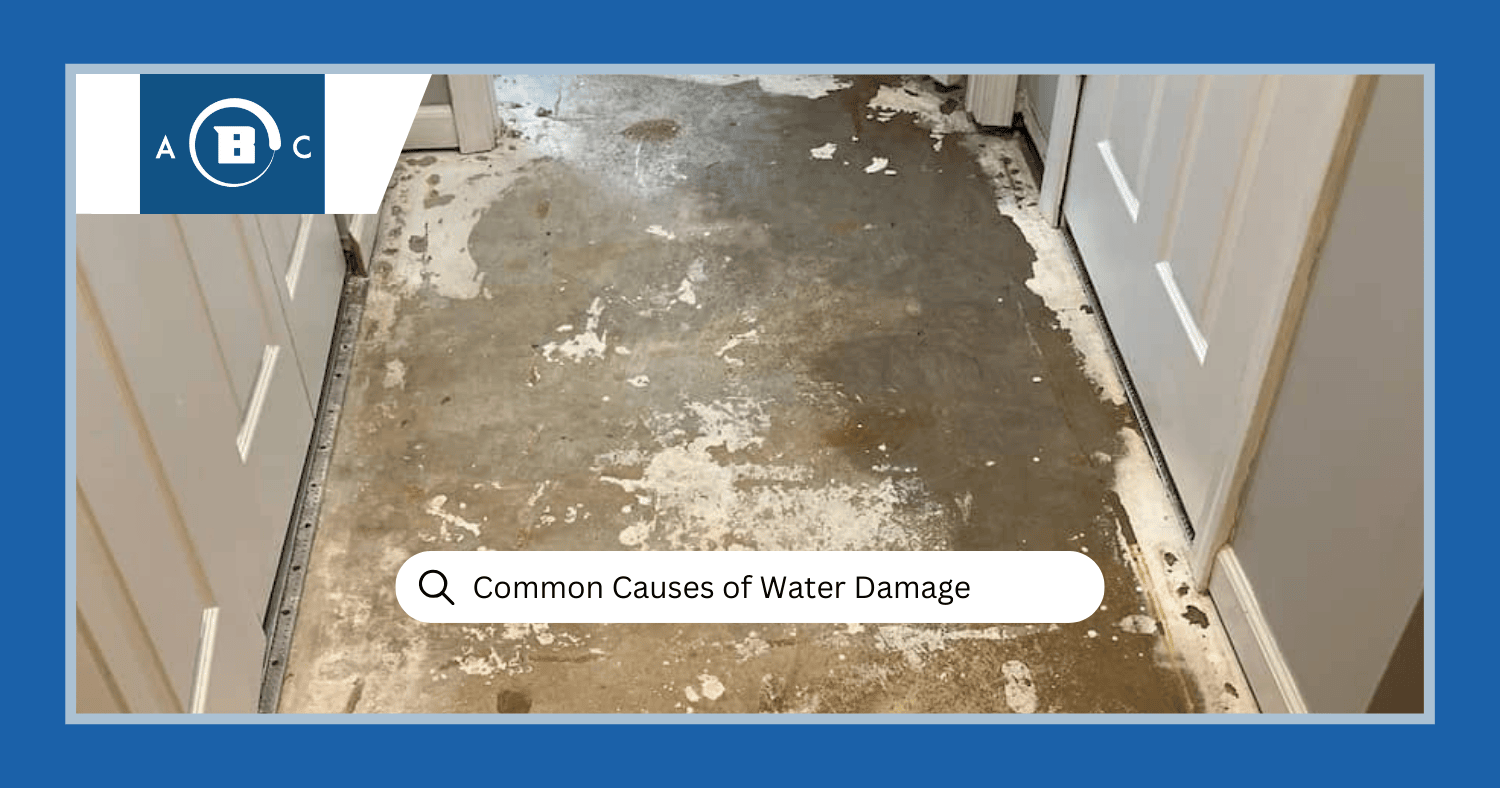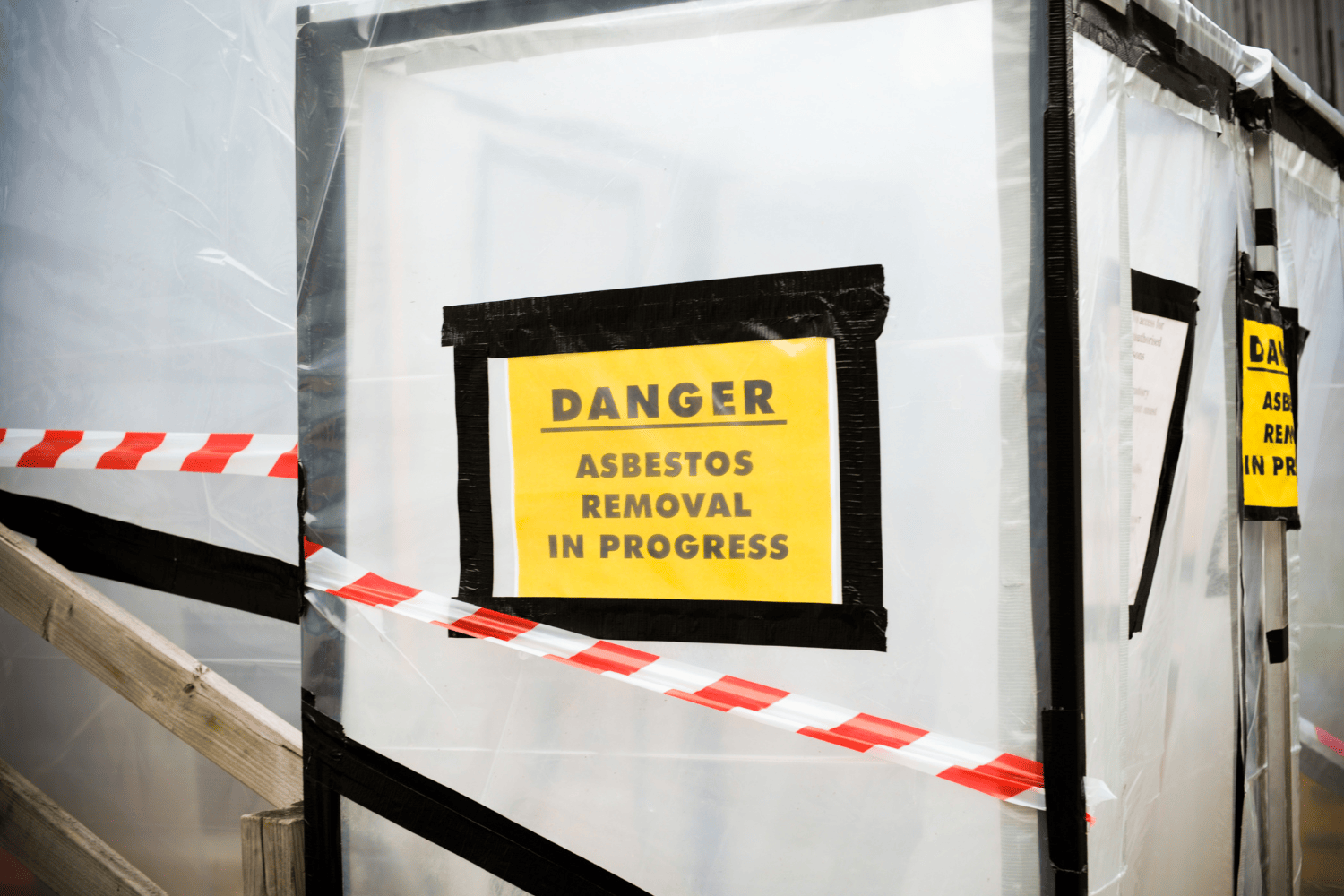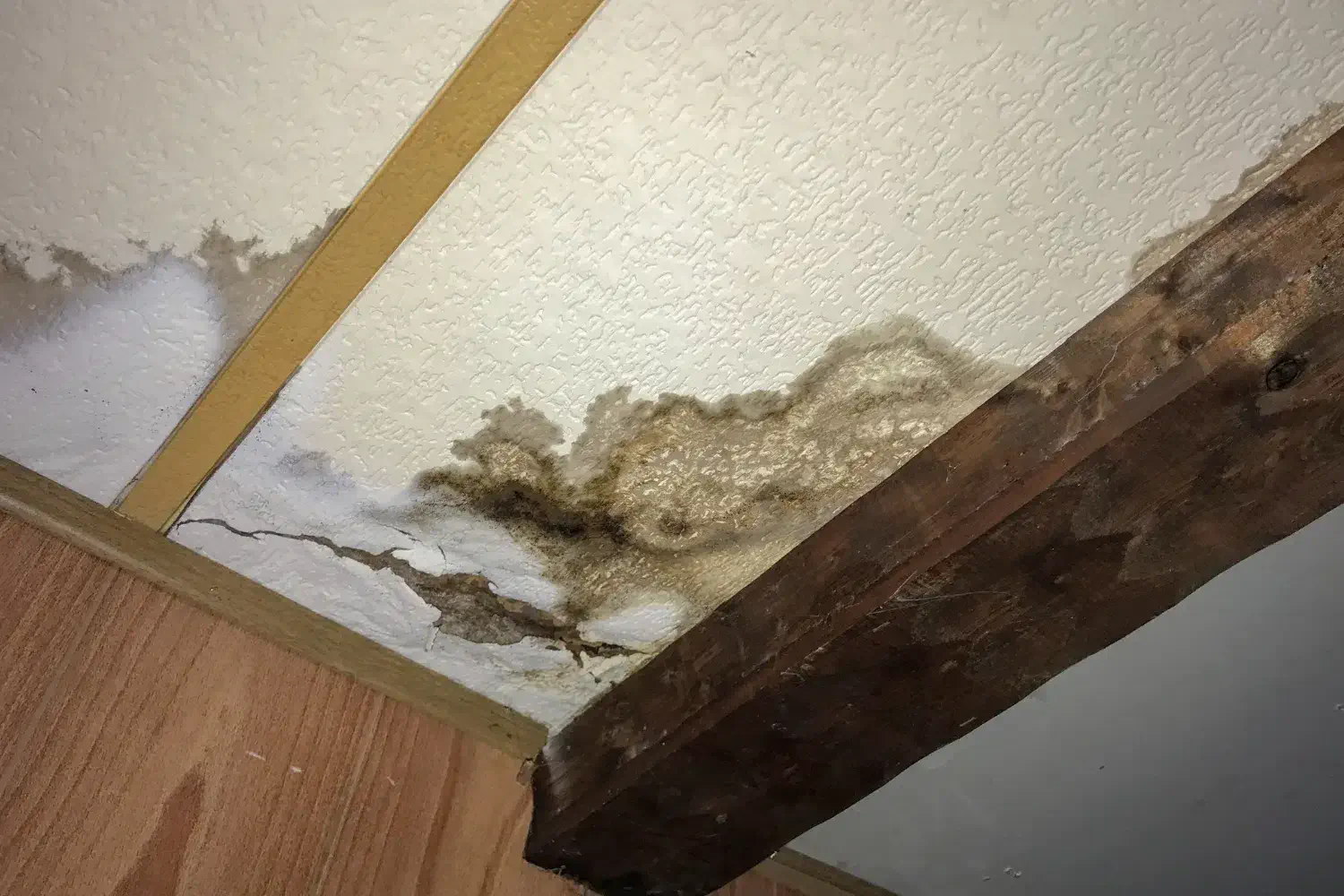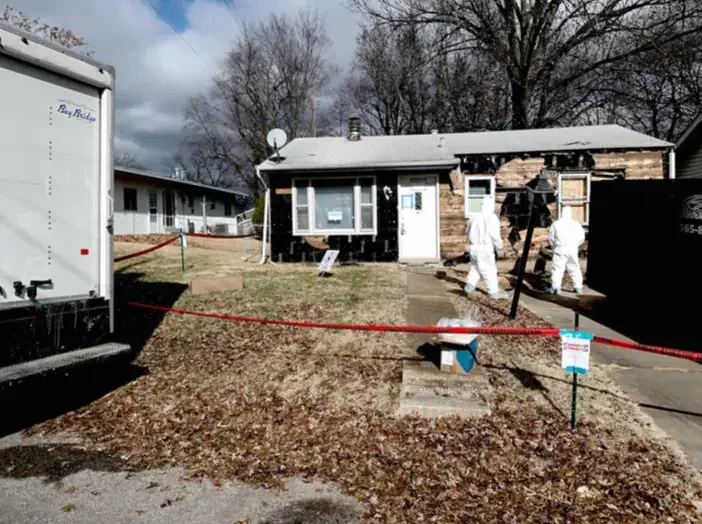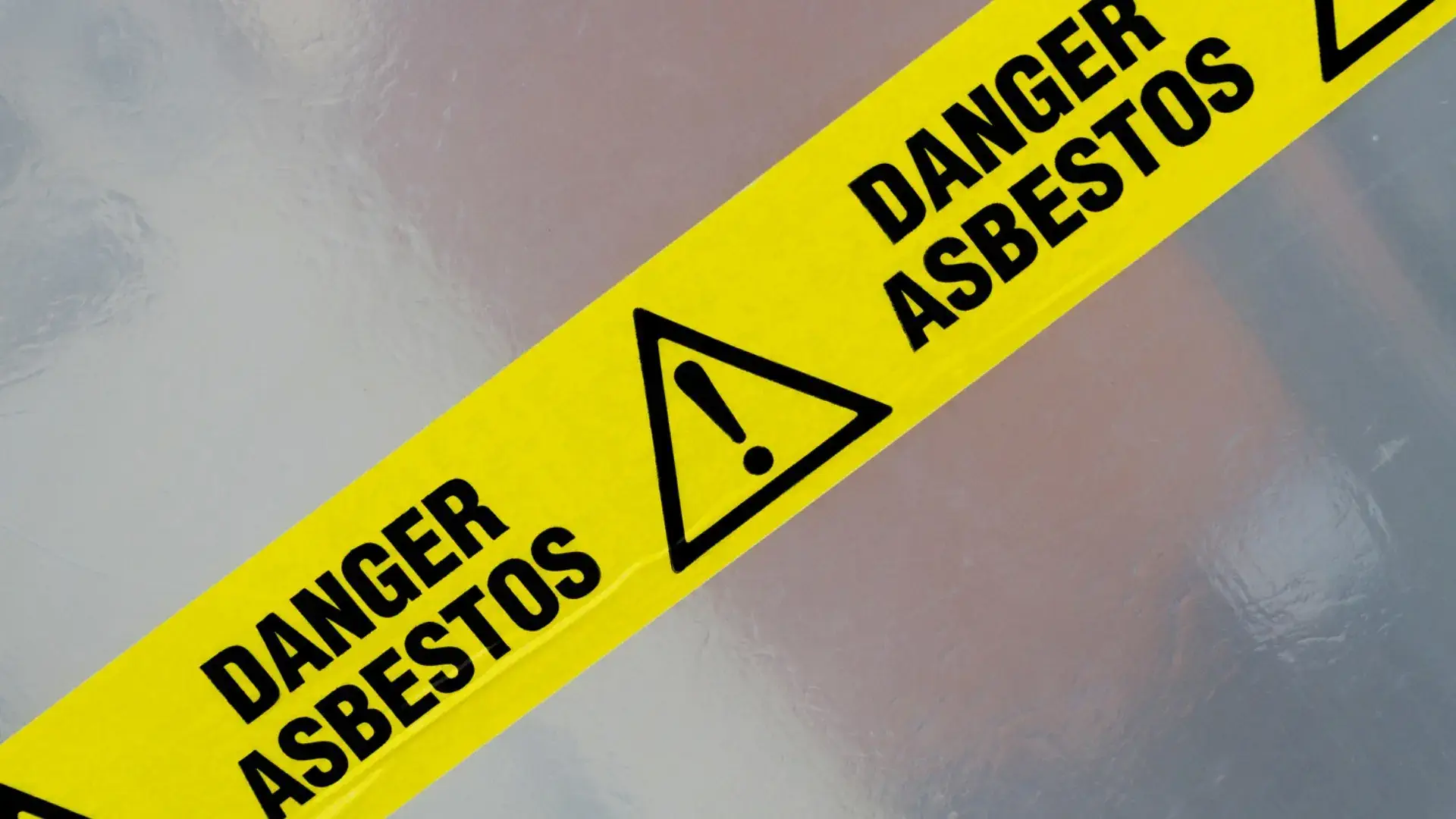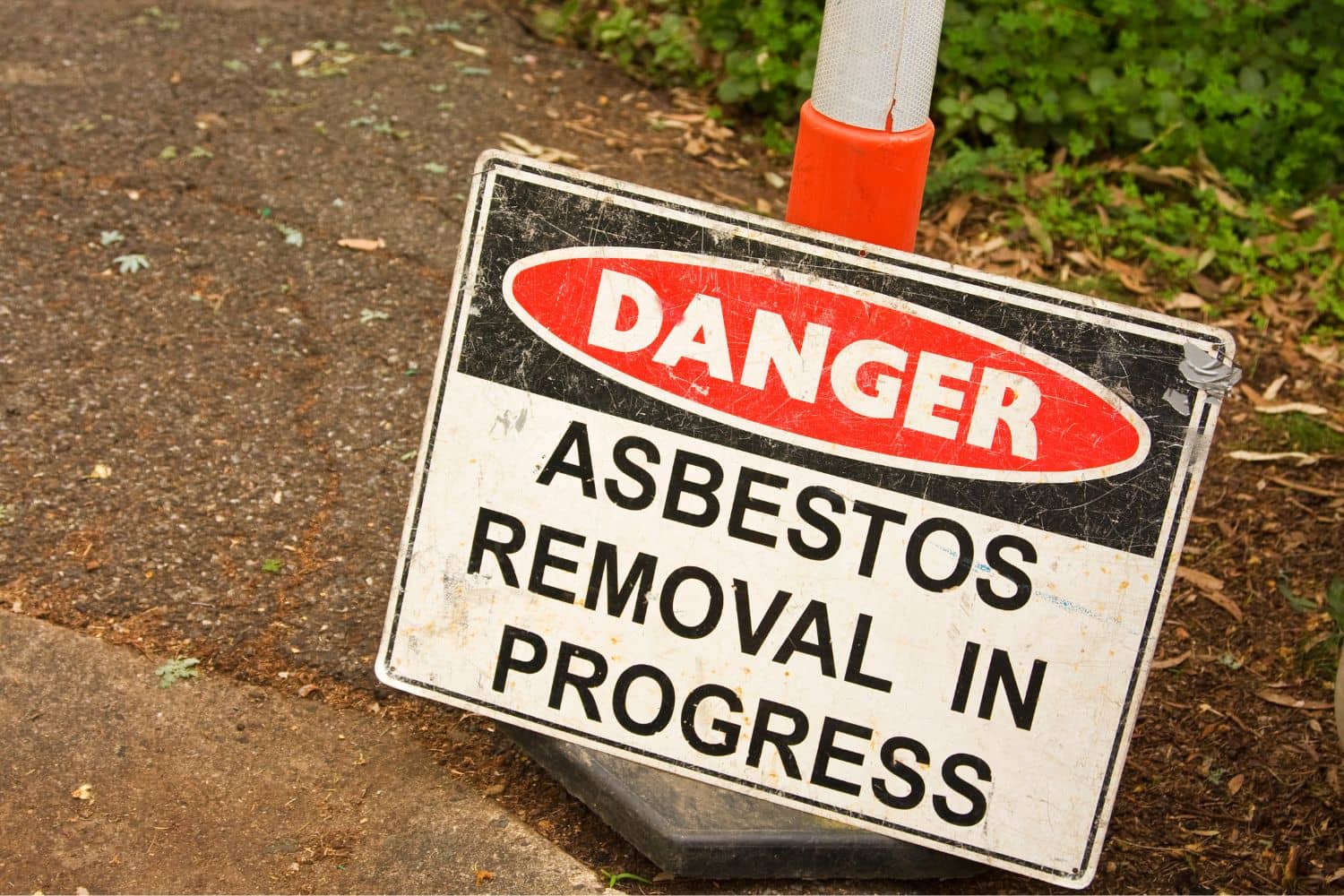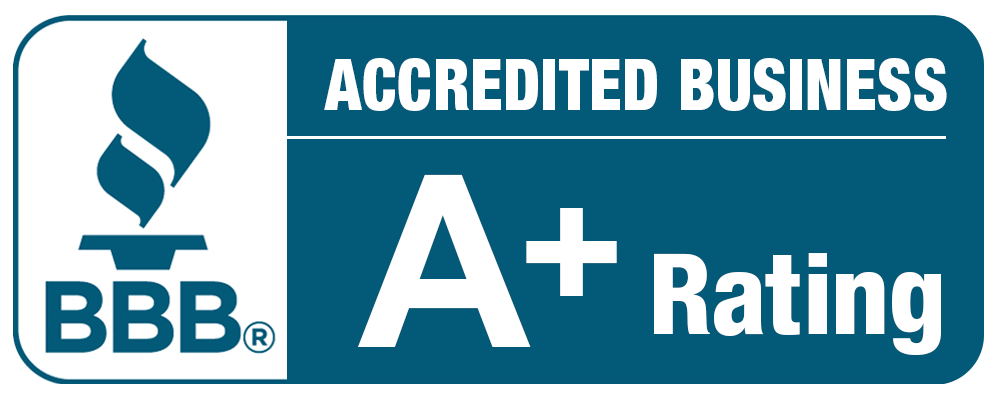
Drywall Water Damage: Should You Repair Or Replace?
Water damage to the ceilings or to the drywall or sheetrock can happen from a diversity of ways within or around your house. The reasons might range from minor events that are readily remedied and dried to a severe soaking that produces major saturation and serious drywall water damage throughout your walls and ceiling. The first step is always to determine the source of the water and contact a reliable St. Louis water damage restoration company that has experience in handling drywall damage repair, like ABC Environmental Contracting Services as soon as possible. Prior to actually trying to dry or repair the drywall water damage, this must be completed
You could have a leaking roof, accumulated condensation on your AC unit, outer flooding from a typhoon, storm, or soaring water level, a burst water pipe, a defective appliance, ceiling defects, ice backups, an overfilled upstairs toilet or tub, or even something as straightforward as a visitor taking a shower with the curtain open. Drywall water damage, regardless of its source, must be handled immediately and properly. Wet drywall, if left untreated, can potentially cause collapsed ceilings, structural deterioration in surrounding locations and harmful mold and mildew infestation.
What Makes Drywall Different From Sheetrock?
Technically, drywall and sheetrock are interchangeable terms. They are gypsum plaster boards that have been crushed between two layers of thick paper. Sheetrock is just a drywall brand owned by the US Gypsum Company. The terms are interchangeable but have the same meaning. Sheetrock and drywall are both utilized in the construction of ceilings and walls. They are utilized as a wallboard, it can be any material that is connected to studs to create level wall surfaces.
Drywall is inexpensive and simple to install. It is strong, but water may erode its structural strength, soften it, and even cause it to crumble. Water, on the other hand, can cause a simple water stain, which may occasionally be remedied with drywall compound and paint.
How to Determine Whether Drywall Water Damage Needs to Be Replaced
If the "disaster" in your property spanned only a brief period and did not involve a large amount of water, such as a straightforward overflowed toilet or leaking appliance that was swiftly discovered and resolved, the water may not have been assimilated into the drywall and may not even need to be replaced if you solve it instantaneously. Wipe it down and use fans to dry it. Handle any water stains when they have dried. If the affected area was completely drenched due to floods or a burst pipeline, and the drywall had a chance to really get wet, you should definitely remove and replace it. You may readily check the damage by pressing on the drywall's surfaces. You might still be able to dry it out if it remains firm to the touch.
It is frequently preferable to attempt to restore a water-stained ceiling rather than fix it. Repairing or repainting over a blistering or cracking surface isn't just a solution. If it is spongy and mushy, the wall or ceiling's structure is jeopardized, and it is preferable to remove the piece before it worsens, spreads and causes more damage, or possibly collapses. Mold is often a possibility in a drywall water damage incident. Mold damage on the ceilings, walls, or perhaps in the wall cavities can develop in as little as 24 hours.
A crack in the paintwork on your wall or ceiling doesn't really rule out the possibility of saving the drywall. To drain the water, put containers underneath the damaged ceiling and puncture the water bubble with a knife or screwdriver. Allow it to rest for a day before testing to see whether the drywall is firm and stiff the next day. If this drywall water damage repair is completed soon, the region may not get flooded and may be recoverable. If you are unsure about the ceiling's stability, you may add some more bolts to fasten it to the beams or studs. If mold has grown but just shows on the surface, you may well be able to easily remove it. If the mold development is underneath the surface and into the porous substance, a replacement seems to be your best alternative.
Another factor to take into account is the water source. If the water supply has been contaminated by sewage water or other harmful substances, the drywall in the affected area is likely compromised and therefore should be replaced. Always locate the origin of the water and promptly block the flow. Don't risk a resurgence that might be severe or go undiscovered for longer. Always come down on the side of precaution and prioritize the protection of your house and family. Because drywall is not load-bearing, it is relatively easy and inexpensive to replace. It may be disastrous if left untreated, causing harmful mold damage and possibly affecting the surrounding building. First and foremost, ensure your own safety!
If you have any concerns, there are numerous water damage restoration companies that specialize in drywall repair, like ABC Environmental Contracting Services, who can restore your walls securely, swiftly, and smoothly. ABC Contracting is a
water damage restoration expert that specializes in drywall repair and has the knowledge and equipment needed to address your water leak and restore your drywall in a safe and competent manner.
What Are The Risks of Having Wet Drywall Walls and Ceilings?
Saturated drywall in water-damaged ceilings may be hazardous in a variety of ways. Wet drywall can crumble due to weight after the gypsum is saturated and begins to break down, and drop on the inhabitants. Water can infiltrate into other sections of your house, causing electrical dangers, further drywall water damage, and jeopardizing your home's structural stability, or the moisture can lead to harmful poisonous mold development in your house.
You may also wanna know about:
- How To Prevent Water Damage Under Bathtub
- What to Do if You Find Water Damage Under Sink
- Tips To Reduce Water Damage To Wood Floors
ABC Environmental Contracting Services - Water Damage Remediation Company In Missouri
At ABC Environmental Contracting Services, we handle your property as though it were our own, maintaining the highest standards of professional quality and safety. Our team is available 24 hours a day, seven days a week, to respond to your requests quickly. Since your residence and business are your most valuable assets, make sure you hire the best-skilled personnel in St. Louis, MO. If water has damaged your drywall and you require a water damage restoration service in St. Louis, MO, contact ABC Environmental Contracting Services at 314-833-8642.

